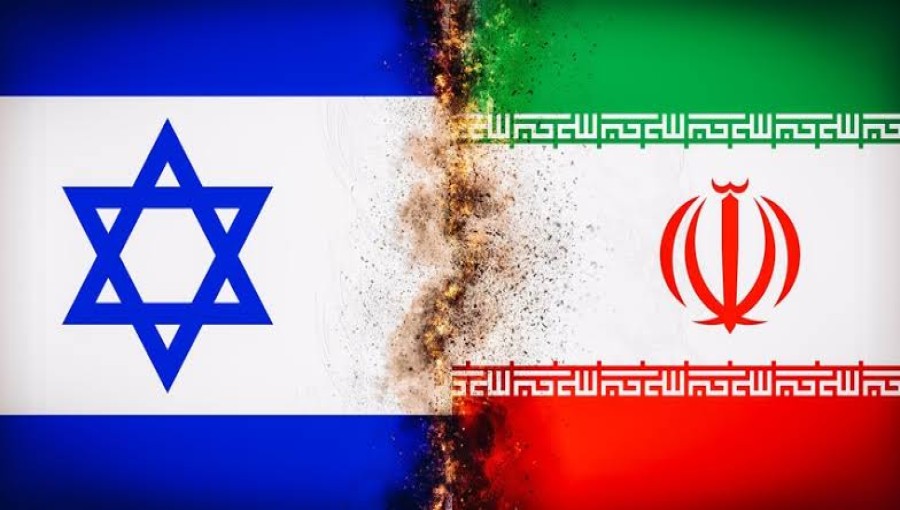In the volatile landscape of the Middle East, recent events have escalated tensions between Israel and Iran, sparking fears of a potential conflict with far-reaching implications for the region. The root of the current unrest lies in Israel's occupation of Palestinian territories, which has long been a source of contention in the Arab world.
The situation intensified when Israel launched an attack on the Iranian embassy in Damascus earlier this week, resulting in the deaths of several Revolutionary Guard generals. Iran's President, Ibrahim Raisi, swiftly condemned the attack, vowing a decisive response from Tehran.
In response to the escalating tensions, Israel has taken precautionary measures, including the cancellation of vacations for combat units and the temporary closure of numerous embassies and consulates worldwide. Additionally, reports emerged of disruptions to the GPS system in central Israel, prompting concerns about the country's defense capabilities.
The United States, a longtime ally of Israel, expressed deep concern over the situation, with John Kirby, a coordinator of the National Security Council, acknowledging the risk of a full-scale war between Israel and Iran. Meanwhile, Iran reiterated its commitment to retaliating against Israel, further heightening the sense of uncertainty in the region.
As both nations navigate the delicate balance of power in the Middle East, the prospect of a major conflict looms large, casting a shadow over efforts to achieve stability and peace in the region.





























Comment: